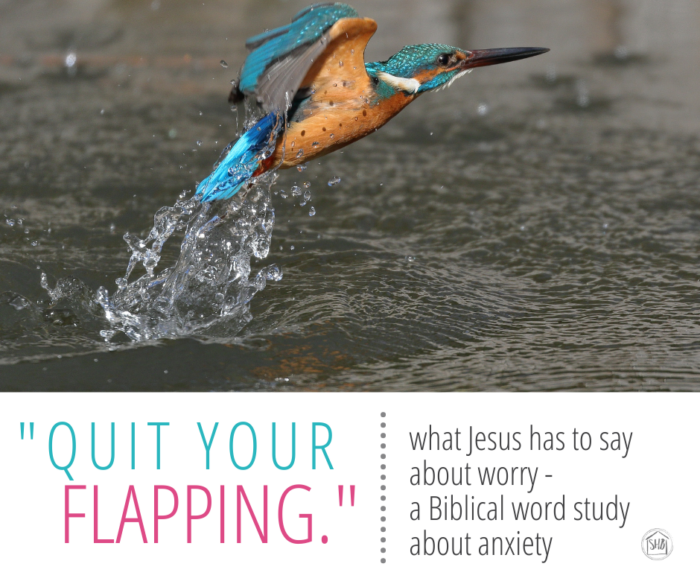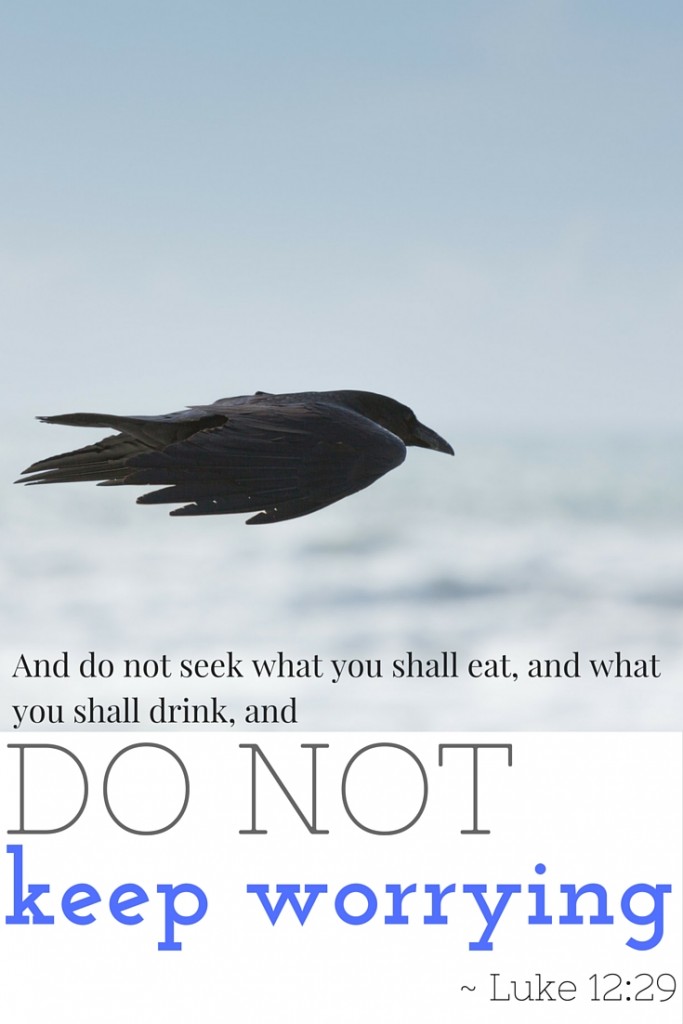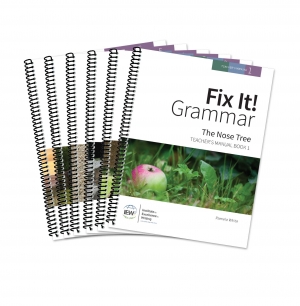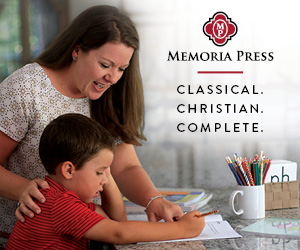
I am almost breathless from what I dug out of the Scriptures this week. So much so that I feel I have to get it down and share it with someone as quick as possible because it is just that GOOD!
I am doing a long form word study on the word in the New Testament translated, “concerned.” Through this process I found it necessary to conduct a word study on “worry.” In addition to learning about being Biblically concerned about others, I wanted to know what Jesus says about worry.
In the process of doing this word study on “worry/worrying,” I have come across yet another reason to see Jesus as the ultimate wordsmith and more confirmation that God is intentional about the words he uses when writing His Word – down to the very smallest details.
This post may include affiliate links. If you click and make a purchase based on my recommendation, I get a small remuneration at no extra expense to you. I only recommend things I use and believe to be a blessing.
Bear with me as I give you the tiniest bit of background and context. I think you will know the passage I am referring to.
The Context
Two times in the New Testament, Jesus gives a discourse about worry and anxiety which each conclude with a similar phrase: “therefore do not be anxious for tomorrow” and “do not keep worrying.”
- The first time He said it was in Matthew 6, the Sermon on the Mount, where he points to the birds of the air, the lilies, and the grass of the field as examples of the Father’s concern for the smallest, seemingly insignificant creations in a lesser to greater argument to show His care for His final and most dear creation.
- The second time, in Luke 12: 22-31, He said something similar, and He pointed to the same examples. But the word He used at the end for worrying is only used here.
The word “worrying” in Luke 12:29 in the Greek is meteorízo, which is translated in the NASB, “worrying” and in the KJV “be of doubtful mind.” In this case, I prefer the NASB because the KJV misses the interpretation of the word. The NASB leaves it vague enough to point the Bible student to further study while maintaining the theme of the passage – worry
The word meteorízo is where we get our English word for meteor and so the connection to what Jesus was talking about, worry, is not immediately clear. It means “in mid-air, raised on high” and “to lift up on high.” Greeks used it primarily to speak of “putting a ship out to sea” or “of raising fortifications,” or of “the rising of the wind.” (Vines). But it is its usage in the Septuagint (the Greek Old Testament) gives greater understanding of meteorízo in the Luke 12 passage. The following passages use meteorízo:
- Micah 4:1 of the “exaltation of the Lord’s house”
- Ezekiel 10:16 of “the lifting of the wings of the cherubim”
- Obadiah 4 of the “mounting up of the eagle”
Other than the Septuagint passages, the word meteorízo is only in the New Testament one time, here in Luke 12:29. The rest of the Luke 12 passage uses a different Greek word which is translated in English, “anxious” to refer to worry.
Zodhiates defining the word meteorízo says it is used figuratively “of the mind, to animate, incite, also to cause to be hesitant, to fluctuate, make one’s faith waver as if blown about by wind.” In the New Testament, he tells us that it means “to be in suspense or of a doubtful mind, anxious, fluctuating between hope and fear.”
The Connection
I had a hard time at first with all this context. Keeping all I had just learned this week in my mind and processing it when I went back to the passage in Luke 12 was difficult. And then, the Holy Spirit reminded me: wings!
Do you see the references to wings?
In the Septuagint there are two references to wings (those of the cherubim and those of the eagle). Jesus in Luke 12 refers to birds two times in the context of worry and anxiety. Did you see the part that Zodhiates (this was in Vine’s, too!) that said fluctuating between hope and fear?
A picture came into my head of the flapping of wings (as of a bird taking off), going up and down.
And I thought that this how God sees it when we worry. When our “wings” are up, we are moving toward hope (and faith). And when our “wings” are down, we are moving toward fear. And much of our lives are as the flapping of a birds wings, fluctuating between these two.

The Conclusion
How does this knowledge affect me?
Well, Jesus here tells his disciples “do not keep worrying.” (Again, I prefer the NASB here because it captures the mood/tense of the verb) Here the verb is present imperative active with a negative; it is a command to stop doing something that is already taking place.
In this context, Jesus tells his disciples, “Quit your flapping.”
Which is comical because we are more than mere birds. We are His highest creation. We are His precious little flock. To whom He has given much more than food, drink, and clothing. He has given us a kingdom!
And yet, Jesus sees us and our flapping around for these things which are of no lasting value, which the Father will give to us anyway.
And He tells me:
But seek His kingdom and these things shall be added to you. Do not be afraid, little flock, for your Father has chosen gladly to give you the kingdom.
Luke 12:31-32
I must put away fear; I must put away anxiety. Worry must be lain aside. And I must rest my weary wings.
Additionally, I must seek His kingdom and place my heart’s treasure there.
Isn’t it GOOD?!? Isn’t God’s Word a perfect word from a perfect Father? Oh, how wonderful it is! I can put aside the working of my wings and rest in faith, with my eyes on the kingdom already mine! There is no need for anxiety, I serve an Almighty God who superintends and provides for His creation. There is no need for fear, I have a Father who loves me and takes care of my every need.
More Biblical Word Study
If you would like more information about how I do these types of word studies. Or to find out how to do them yourself, please check out these posts:
By the way, this Biblical word study thing is so important to me. And I am so passionate about sharing it with others that I wrote a book about it. The book defines and details the process for adding Biblical word study to your Bible study routine. It will make a wonderful addition to your Bible study basket.
For more information about the book and to get a FREE preview chapter, you can sign up here.
Want to share this with someone else? You can use the image below to share this on social media.















This Post Has One Comment
There is a little red bird who visits us every morning. He just flaps his wings and then flies straight into our window. Then, he backs away to a tree limb, flaps and flaps then does it again. This post is application. When I worry, flap-flap, I only wind up hurting myself and repeating my worry. Through the prayer and the Holy Spirit’s transforming power, I can stop, turn my mind to trust and hope. Problem solved. Thanks for the good word.